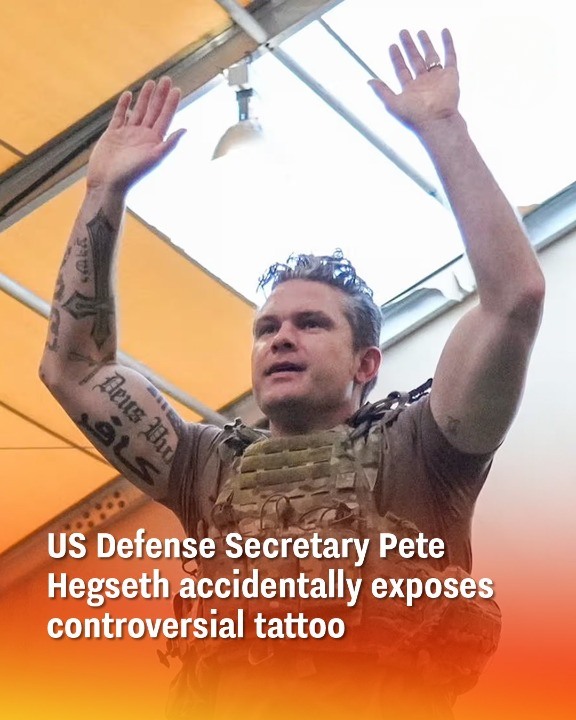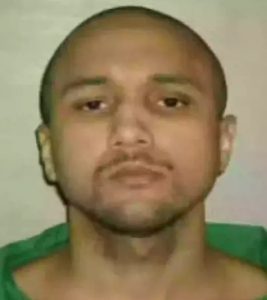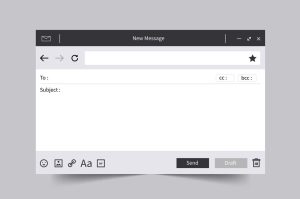Introduction
US Secretary of Defense Pete Hegseth, already embroiled in controversy following a leaked Signal group chat that exposed sensitive details regarding Yemen strike plans, now finds himself under further fire after a newly surfaced tattoo has sparked heated debate. In a recent series of social media posts, Hegseth shared images of himself during a visit to Navy SEALs, displaying his well-known collection of tattoos. Among these, a particular inking located under his arm has ignited concern among critics, reigniting questions about his personal symbolism and its implications on his role overseeing US military operations.
This detailed analysis examines the controversy surrounding Hegseth’s latest tattoo, its historical context, the public reaction it has prompted, and what it may signal about his broader political and cultural positions. The incident has added yet another layer to the already contentious debate over Hegseth’s public persona and the symbols he chooses to display.
A Tattoo in the Spotlight
Hegseth is no stranger to the art of body ink. Over the years, he has accumulated an array of tattoos that he proudly shares on social media. During a recent visit to Navy SEALs—which included a display of physical fitness routines such as push-ups and jumping jacks—a close examination of the photos revealed a previously unnoticed tattoo on his upper arm. Observers noted that the tattoo, featuring an Arabic inscription, appears directly beneath another of his controversial tattoos, one bearing the Latin phrase “Deus Vult,” a slogan historically associated with the Crusades.
According to several eagle-eyed onlookers, the Arabic word displayed in the new tattoo is “kafir” (كافر), a term that, in the Quran, is often translated as “disbeliever” or “infidel.” The placement of this tattoo beneath the “Deus Vult” tattoo has alarmed many critics, who argue that the combination of these symbols may represent a broader pattern of Islamophobic sentiment.
Critics React: A Symbolic Insult?
Among the most vocal critics is pro-Palestinian activist Nerdeen Kiswani. On Twitter, Kiswani expressed her disapproval, stating, “Hegseth just got a kafir (كافر) tattoo under his Deus Vult tattoo—a Crusader slogan. This isn’t just a personal choice; it’s a clear symbol of Islamophobia from the man overseeing US wars.” Kiswani’s comment reflects a growing concern among certain activist groups who view Hegseth’s tattoo as not only a provocative personal statement but also as emblematic of a broader normalization of anti-Muslim rhetoric at the highest levels of government.
Critics contend that the Arabic term “kafir” has been weaponized by far-right groups as a means to mock and vilify Muslims. For many in the Muslim community and their allies, the display of such a term in a tattoo could be interpreted as an open declaration of enmity—a message that, if true, would be particularly troubling coming from the nation’s top defense official. Social media posts by other users have echoed these sentiments, with some asserting that the tattoo is an “open declaration” of hostility toward the Muslim world.
However, not all reactions have been uniformly negative. Some Twitter users have defended Hegseth’s use of the term, arguing that similar imagery is prevalent among military veterans who served in the Middle East. Proponents of this perspective claim that the word is widely recognized within certain military circles as a symbol of defiance against extremist groups. One Twitter user commented that the term is commonly seen on stickers, the backs of trucks, T-shirts, and even mugs, citing personal examples of having seen it on various forms of memorabilia.
Context: Hegseth’s History with Tattoos and Controversial Symbols
Hegseth’s penchant for tattoos has been well documented over the years. His body art is presented as a visible representation of his personal values—faith, patriotism, and his military service. In a podcast interview with Shawn Ryan, Hegseth recalled that his first tattoo was an impulsive decision made at the age of 37 or 38. Despite the casual nature of that initial decision, his tattoos have evolved into a significant part of his public identity.
Previously, Hegseth has come under fire for other tattoos as well. For instance, his chest tattoo depicting a Jerusalem Cross drew criticism from Democrats, who claimed that the symbol bore associations with right-wing extremism. Hegseth himself has acknowledged that this particular tattoo cost him an opportunity to serve on a secure detail, as his National Guard unit in Washington, D.C., deemed him an extremist on account of the inking. He later explained that the Jerusalem Cross was intended simply as a Christian symbol and a personal testament to his faith, rather than an ideological statement.
Hegseth’s visible collection of tattoos, including the new Arabic inscription, reflects his broader strategy of using personal symbols to communicate his core beliefs. He has consistently maintained that his tattoos are a reflection of the principles he holds dear—namely, his deep-rooted commitment to Israel, Christianity, and his overall faith. Whether these symbols are perceived as patriotic or provocative, however, remains a matter of interpretation and intense public debate.









